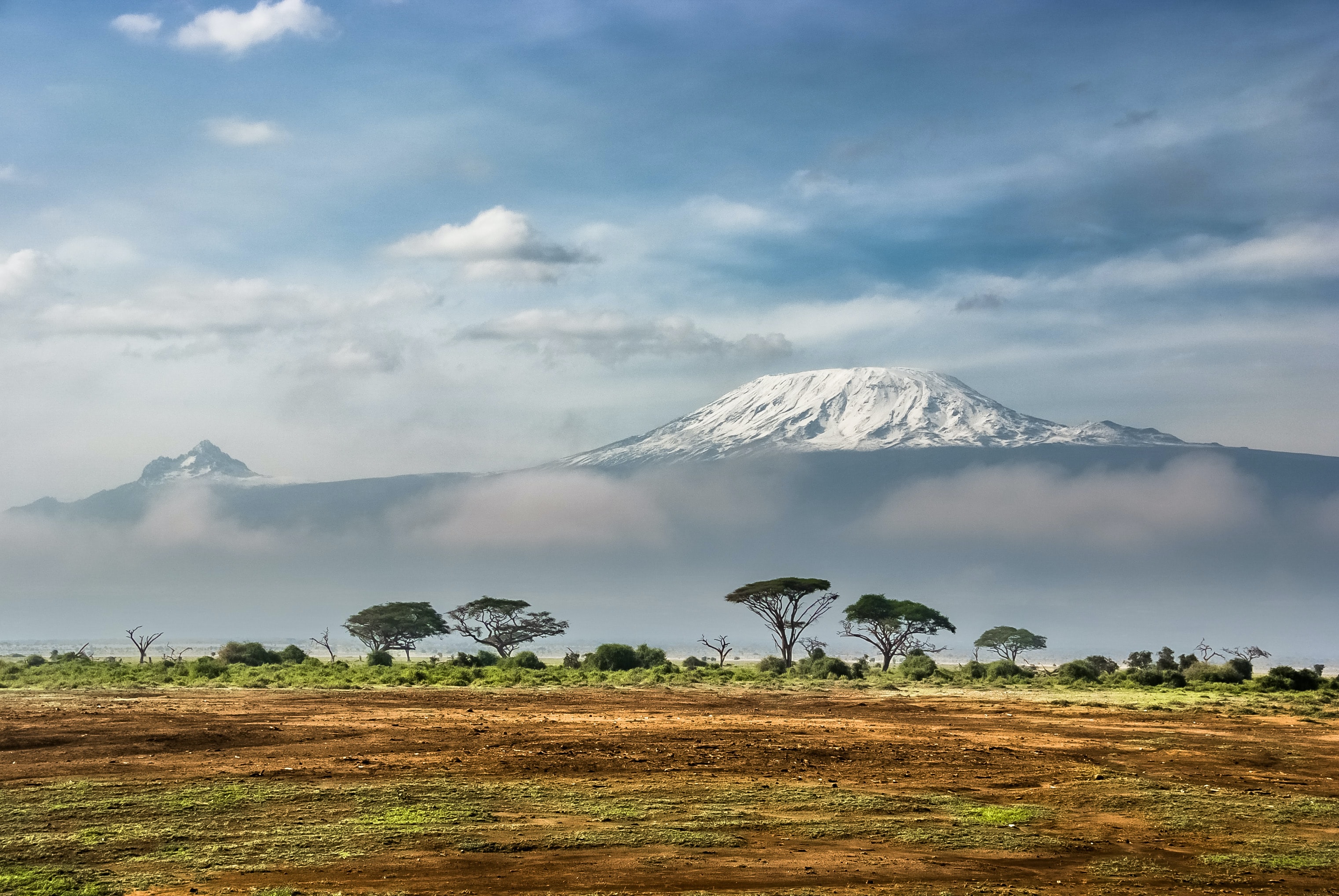Kenya: Impacts of the Ukraine and Global Crises on Poverty and Food Security
While the global crises will cause only a modest slowdown in Kenya’s economic growth, poverty and food insecurity are likely to be more pronounced in rural areas, therefore driving inequality.
Image

Global food, fuel and fertilizer prices have risen rapidly in recent months, impacting economic stability, food security and poverty in developing countries. These case studies are part of a series prepared by the International Food Policy Research Institute (IFPRI) using data and models developed with support from USAID and CGIAR. The study utilized economy-wide models to simulate the impacts of global crises in many countries around the world, including Kenya and Ethiopia.
In Kenya, recent global crises have triggered modest gross domestic product (GDP) and employment losses. That said, poor and rural households disproportionately bear the impacts of these losses. While the global crises will cause only a modest slowdown in Kenya’s economic growth, poverty and food insecurity are likely to be more pronounced in rural areas, therefore driving inequality.
This case study was prepared by Xinshen Diao, Paul Dorosh, Angga Pradesha and James Thurlow for IFPRI.




